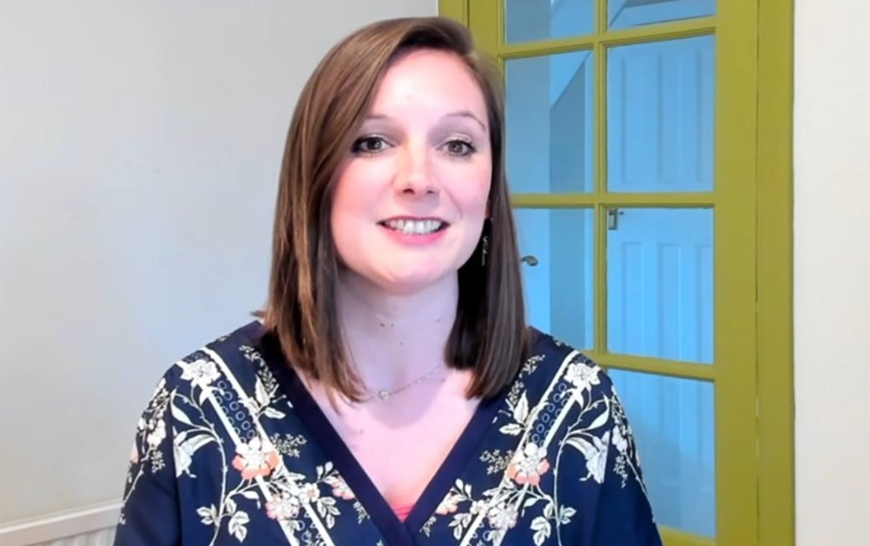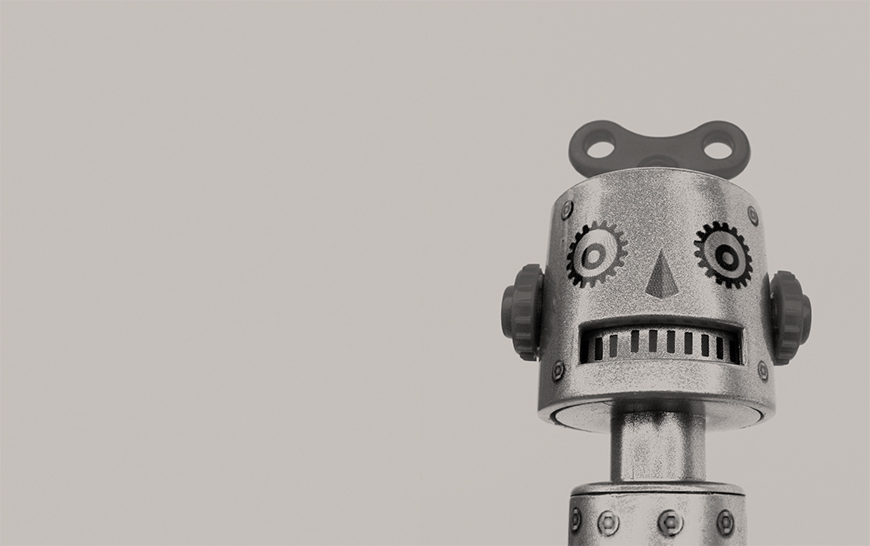“My clients expect a degree of certainty from me that I am not always able to give.”
If you work in an advisory role – for example, as a consultant, lawyer or investment professional – that probably sounds familiar. The future is by its nature uncertain. Yet many clients want predictable outcomes from the experts who manage their affairs. How do you temper your advice or – perish the thought – express doubt without losing authority?
An interesting perspective on this topic arose at the Hay Festival this week. Professor Sir David Spiegelhalter, the statistician and author of The Art of Uncertainty, was in conversation with the BBC’s Adam Fleming. Spiegelhalter cited research showing that nuanced messages are considered more trustworthy than messages expressing certainty.
At first glance, this seems counter-intuitive. Surely certainty creates confidence? Not, Spiegelhalter says, when it comes to talking about outcomes. Too many people “claim confidence or over-certainty about… what is going to happen.”
Politics and Over-Certainty
Spiegelhalter’s particular focus is political communication; politicians nowadays, he says, “find it very difficult to acknowledge their uncertainty.” Inevitably, some politicians’ statements about the future turn out to have been over-confident and ill-founded. The result? A general loss of faith in politics – and indeed in anyone claiming expertise.
The John Krebs Playbook
Fortunately the political sphere offers Speieglhalter an example of best practice as well as worst. He describes the communications strategy followed by John Krebs, former head of the Food Standards Agency. In 2001, when the catastrophic outbreak of foot and mouth disease was causing great alarm among the British public, Krebs’s task was to communicate what was going on and what the government was doing about it. He structured his messages as follows:
- This is what we know.
- This is what we don’t know.
- These are the actions we’re taking.
- Our approach might change as we learn more.
We think Krebs’s “playbook” offers a useful template for communications in other scenarios. Honesty is at the heart of good communication. Let’s acknowledge the uncertainty that is all around us and own our limitations. Even when the truth feels unpalatable, we will only win the long-term trust of others by telling it.








0 Comments